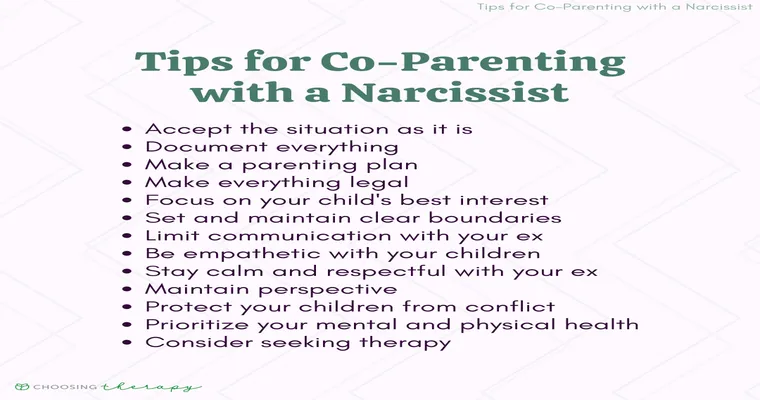Dealing with an "unpaid caregiver" can be a complex and emotional journey, especially when conflicts arise. If you find yourself in a situation where the "caregiver" you rely on is contemplating leaving after a "falling out", it’s essential to consider the implications and prepare for what comes next. This article explores how to navigate these challenging dynamics, plan for the future, and ensure that both you and your caregiver can find a resolution.
Understanding the Caregiver Relationship
The relationship between a caregiver and the person receiving care is often built on trust and mutual respect. However, tensions can arise due to misunderstandings, stress, or differing expectations. When a "falling out" occurs, it’s crucial to address the issues at hand before they escalate further. Open communication is key. Try to have an honest conversation with the caregiver about the problems you’re facing together. This can help clear the air and potentially mend the relationship.
Signs Your Caregiver May Leave
If you sense that your unpaid caregiver is contemplating leaving, it may be due to signs of frustration or disengagement. They might be less responsive or show signs of burnout. Recognizing these signs early can provide an opportunity to address their concerns and possibly prevent them from leaving.
Preparing for the Transition
If it becomes clear that your caregiver will eventually leave, preparation is critical. Start by assessing your needs. What specific tasks does your caregiver handle? This can include medication management, daily activities, or emotional support. Understanding your needs will help you find alternative care solutions.
Consider creating a "care plan" that outlines your requirements and preferences. Having this document ready can ease the transition, whether you seek another caregiver, enlist family help, or explore professional services.
Exploring Alternative Care Options
Once your caregiver leaves, you will need to look for alternatives. Here are some options to consider:
1. "Family Support": Sometimes family members can step in to provide care. Discuss your situation with them to see if they can assist you.
2. "Professional Care Services": If you require more comprehensive care, hiring a professional caregiver or agency may be necessary. Research local services and read reviews to find a reputable provider.
3. "Community Resources": Look into local organizations that offer support for caregivers and those in need of care. They may provide resources, volunteer assistance, or even connect you with new caregivers.
Coping with the Emotional Impact
The emotional impact of losing a caregiver can be significant. It’s essential to acknowledge your feelings and seek support from friends, family, or support groups. Sharing your experiences can help you process your emotions and find constructive ways to cope.
Conclusion
Facing a "falling out" with your unpaid caregiver can be daunting, but preparing for the possibility of their departure can make a world of difference. By communicating openly, assessing your needs, exploring alternative care options, and seeking emotional support, you can navigate this challenging transition with greater confidence. Remember, taking proactive steps today can help ensure that you continue to receive the care and support necessary for your well-being in the future.





